The fragile ceasefire deal between Israel and Hamas faces a critical test, as the successful recovery of the remaining Israeli hostages’ bodies now depends on the use of heavy machinery and specialist extraction efforts within the ruins of Gaza.
Hamas has announced that it has returned the bodies of all deceased Israeli hostages it can readily access. However, the Ezzedine Al-Qassam Brigades, the military wing of Hamas, stated in a social media post that recovering the rest will require “extensive efforts and special equipment for their retrieval and extraction.”
This statement comes amid threats from Israel to resume fighting if the terms of the deal are not fully honoured.
Also read | Israel says hostage's body released by Hamas not of IDF soldier: Whose remains are they?
Israel’s Defence Minister has issued a warning, saying, “If Hamas refuses to comply with the agreement, Israel, in coordination with the United States, will resume fighting and act to achieve a total defeat of Hamas.”
US advisers briefed the media late Wednesday, emphasising the difficulty of the task, given how much of Gaza has been destroyed. They noted that retrieving the bodies was difficult because it had been “pulverised,” adding, “They returned bodies the next day and then the next day, as quickly as we give them intelligence.”
Focusing on the deceased is only scratching the surface.
The deal also requires Israel to return the bodies of 360 Palestinians. Doctors examining the 90 bodies returned by Israeli authorities so far have reported horrifying details. Dr Ahmed al-Farra, the head of the Nasser hospital’s paediatric department in Khan Younis, said, “Almost all of them had been blindfolded, and had been bound up and they had gunshots between the eyes. Almost all of them had been executed,” as quoted by the Guardian.
Impact Shorts
More ShortsAmid the political sparring, humanitarian aid agencies are calling for action.
Tom Fletcher, the UN’s most senior relief coordinator, stressed the urgency, stating, “We need more crossings open and a genuine, practical, problem-solving approach to removing remaining obstacles.”
“Throughout this crisis, we have insisted that withholding aid from civilians is not a bargaining chip. Facilitation of aid is a legal obligation,” he added.


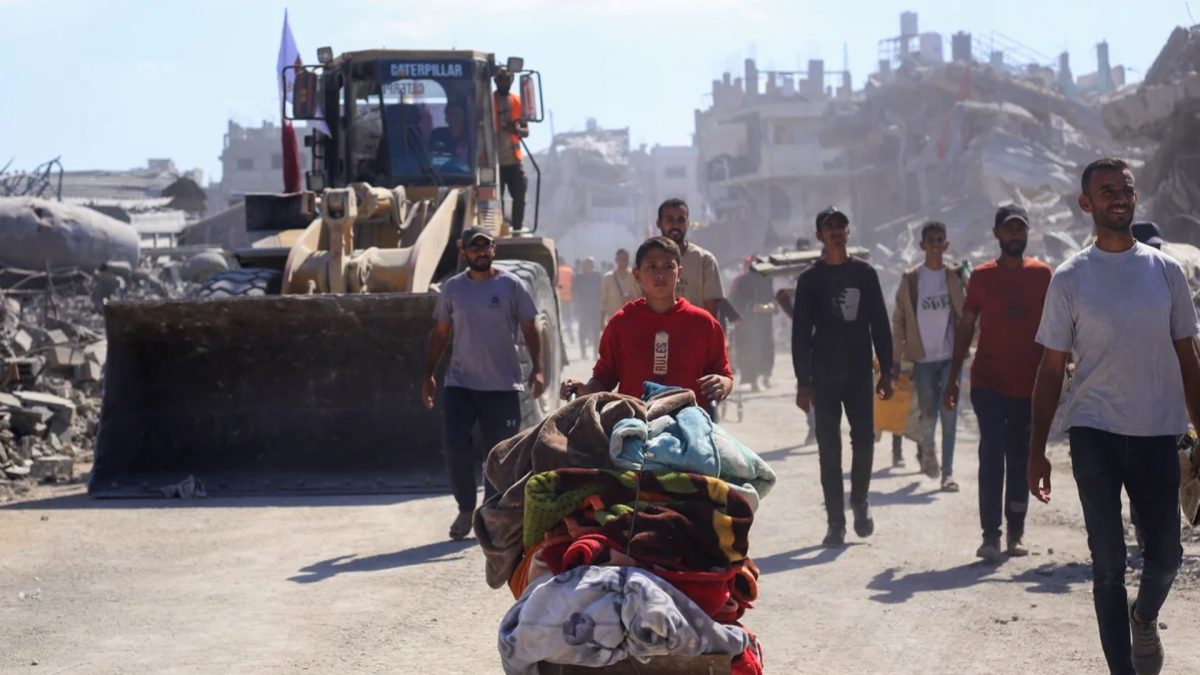)

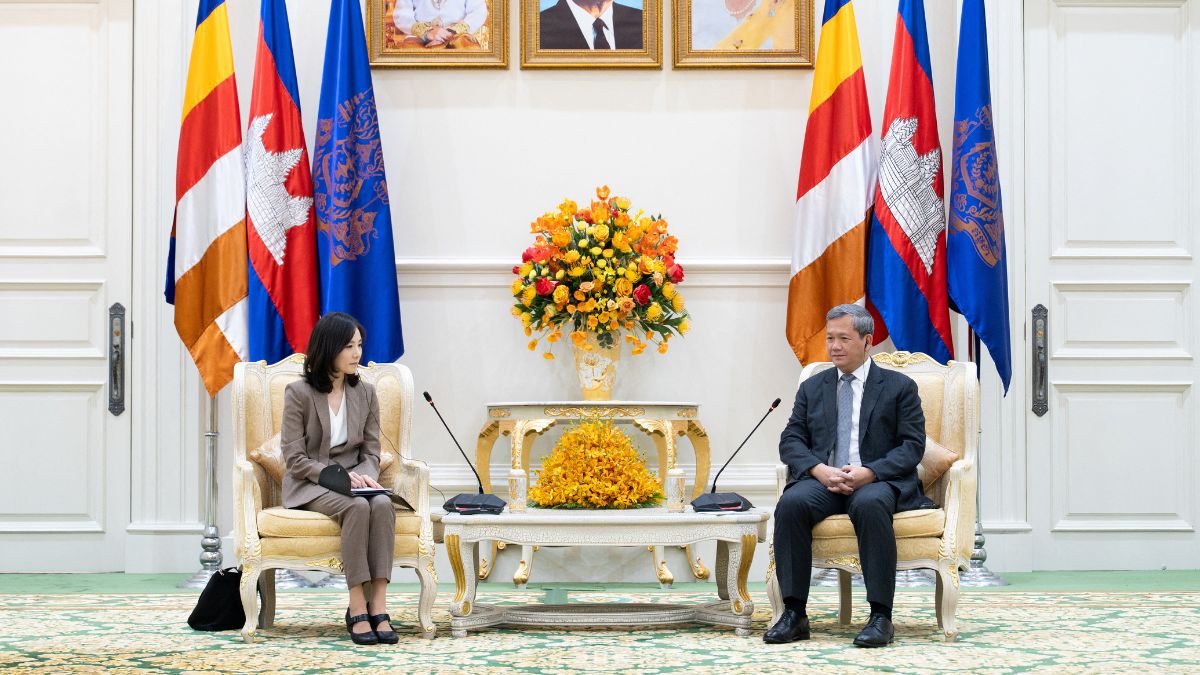)
)
)
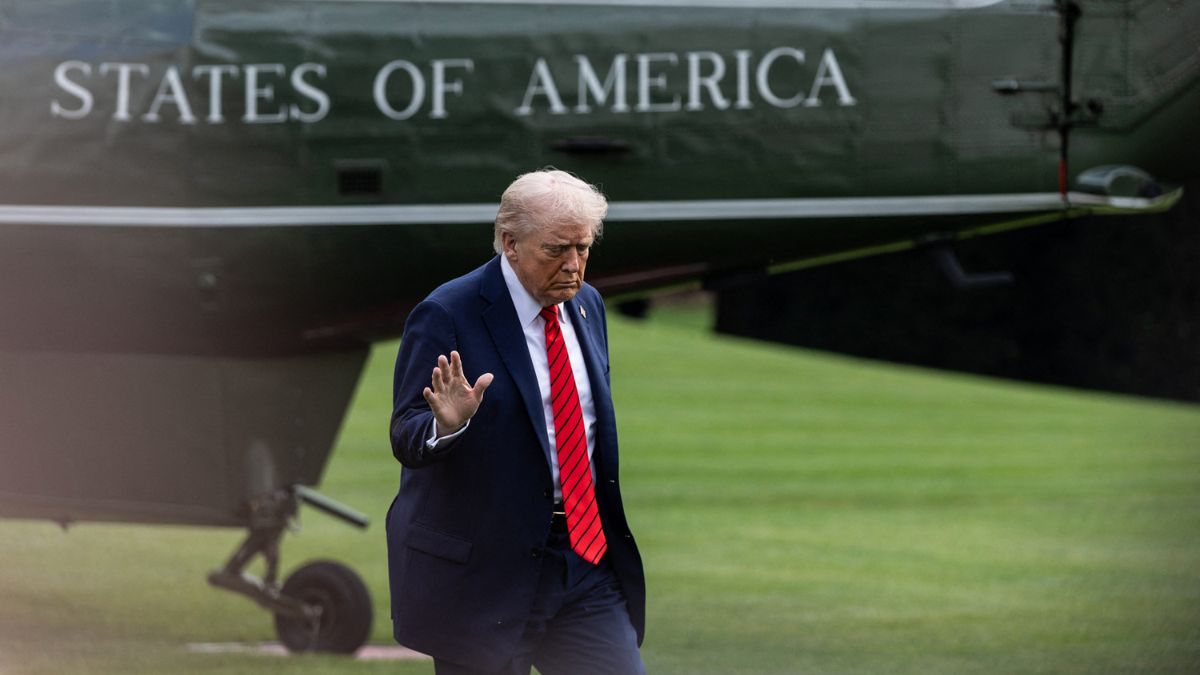)
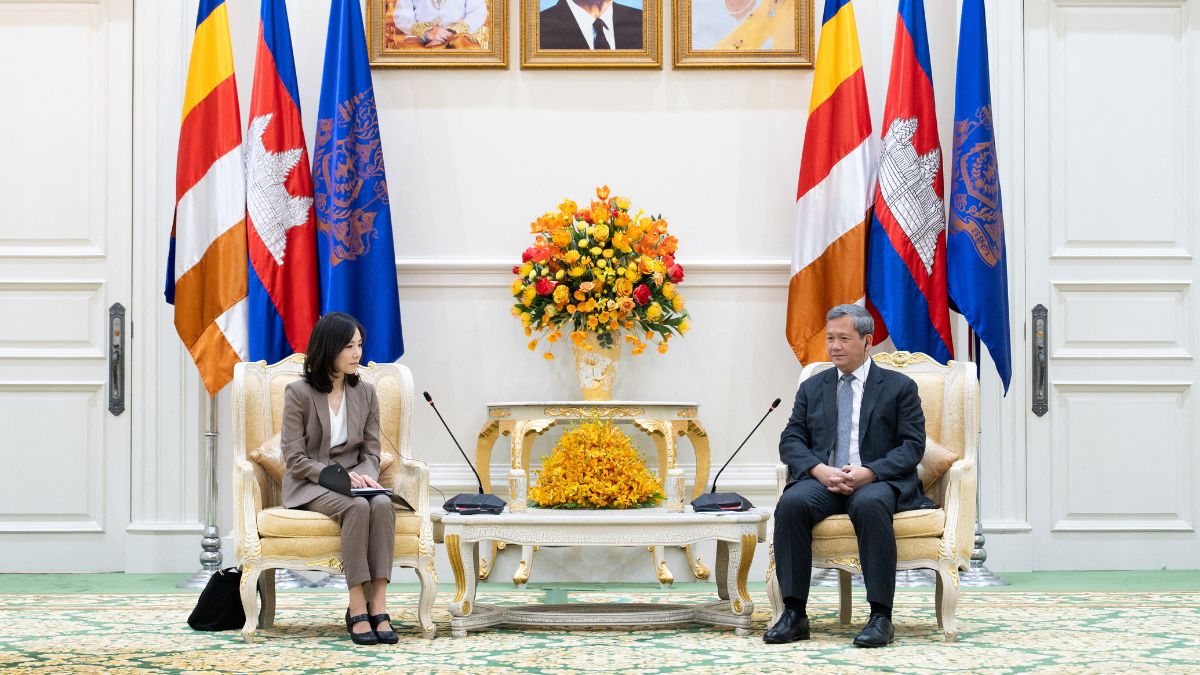)
)
)
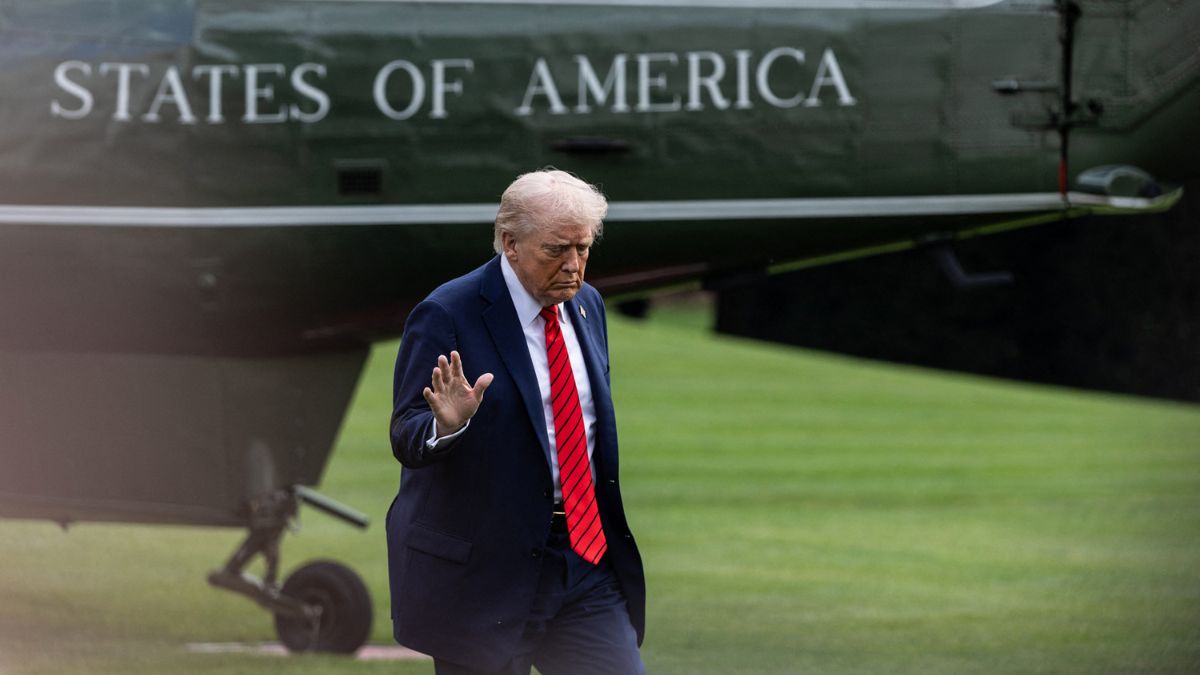)



